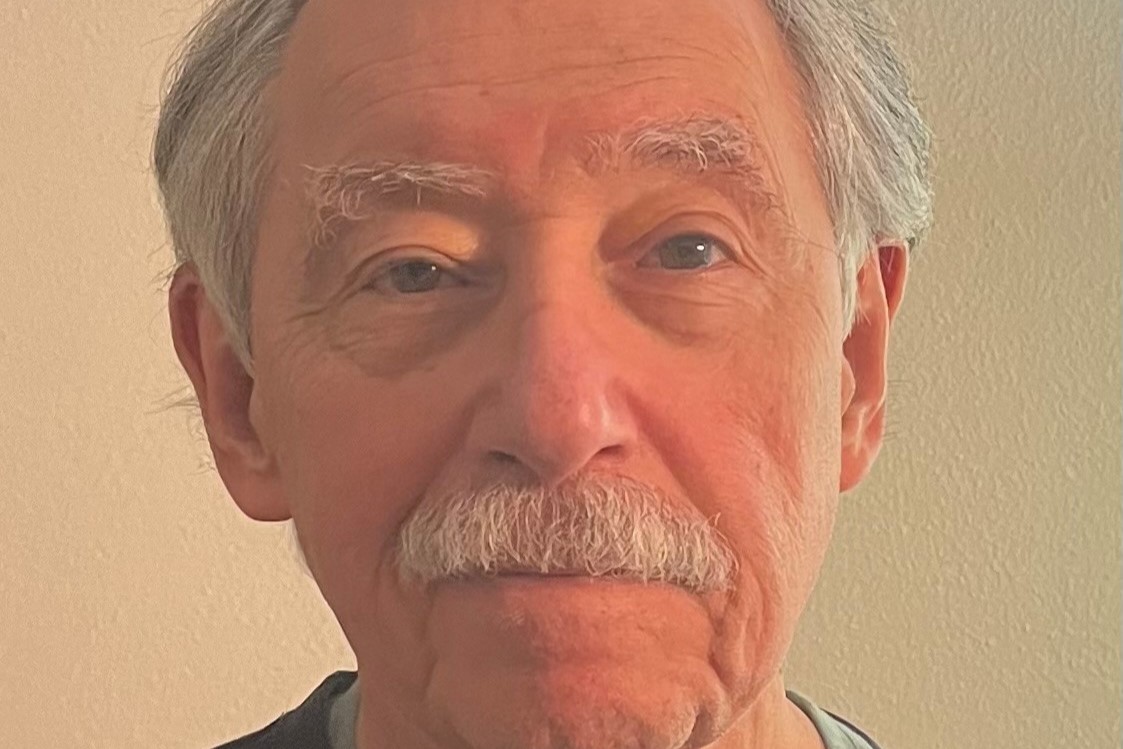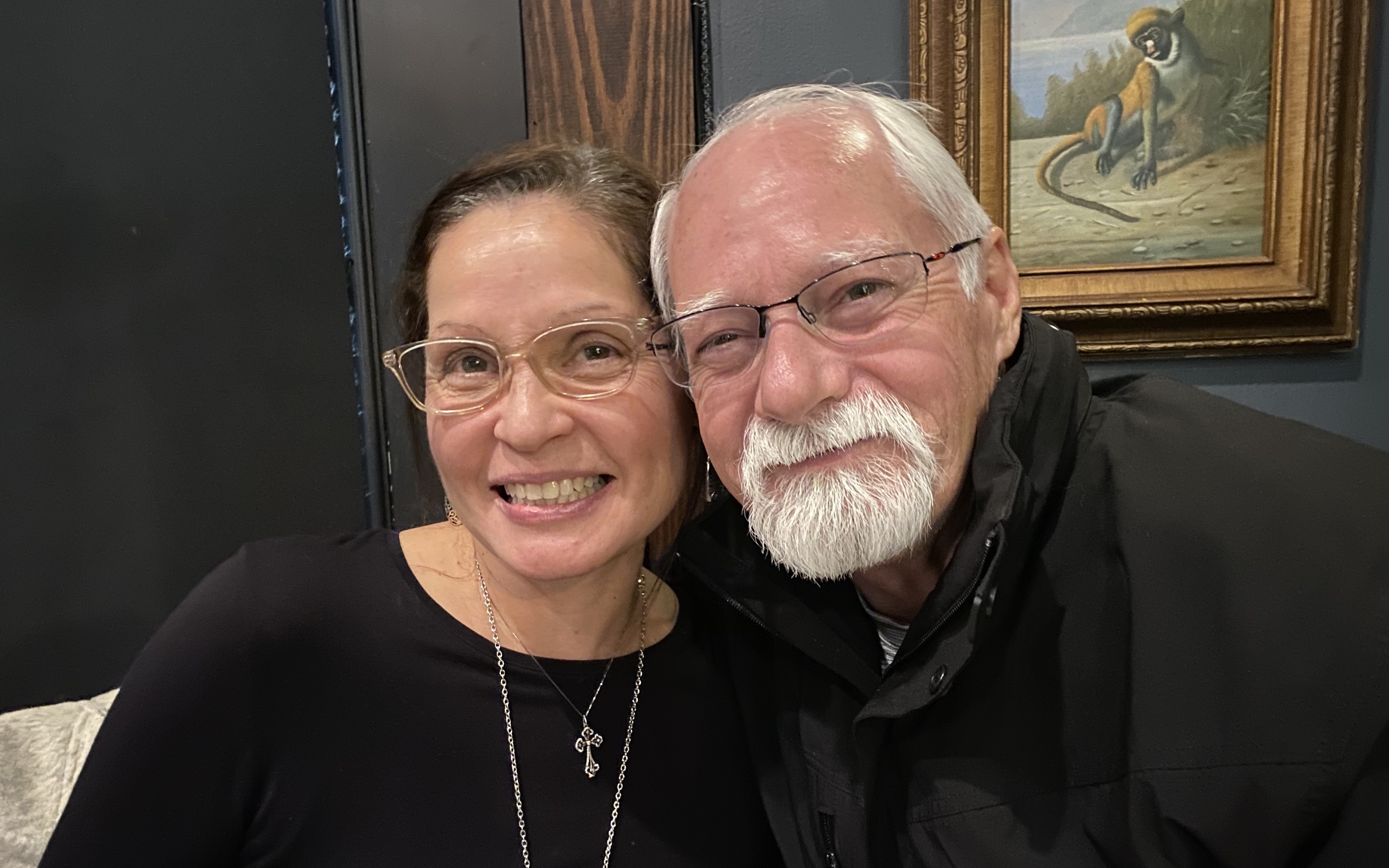- Diseases
- Acoustic Neuroma (14)
- Adrenal Gland Tumor (24)
- Anal Cancer (66)
- Anemia (2)
- Appendix Cancer (16)
- Bile Duct Cancer (28)
- Bladder Cancer (68)
- Brain Metastases (28)
- Brain Tumor (230)
- Breast Cancer (716)
- Breast Implant-Associated Anaplastic Large Cell Lymphoma (2)
- Cancer of Unknown Primary (4)
- Carcinoid Tumor (8)
- Cervical Cancer (154)
- Colon Cancer (164)
- Colorectal Cancer (110)
- Endocrine Tumor (4)
- Esophageal Cancer (42)
- Eye Cancer (36)
- Fallopian Tube Cancer (6)
- Germ Cell Tumor (4)
- Gestational Trophoblastic Disease (2)
- Head and Neck Cancer (6)
- Kidney Cancer (124)
- Leukemia (344)
- Liver Cancer (50)
- Lung Cancer (288)
- Lymphoma (284)
- Mesothelioma (14)
- Metastasis (30)
- Multiple Myeloma (98)
- Myelodysplastic Syndrome (60)
- Myeloproliferative Neoplasm (4)
- Neuroendocrine Tumors (16)
- Oral Cancer (100)
- Ovarian Cancer (170)
- Pancreatic Cancer (166)
- Parathyroid Disease (2)
- Penile Cancer (14)
- Pituitary Tumor (6)
- Prostate Cancer (144)
- Rectal Cancer (58)
- Renal Medullary Carcinoma (6)
- Salivary Gland Cancer (14)
- Sarcoma (236)
- Skin Cancer (294)
- Skull Base Tumors (56)
- Spinal Tumor (12)
- Stomach Cancer (60)
- Testicular Cancer (28)
- Throat Cancer (90)
- Thymoma (6)
- Thyroid Cancer (98)
- Tonsil Cancer (30)
- Uterine Cancer (78)
- Vaginal Cancer (14)
- Vulvar Cancer (18)
- Cancer Topic
- Adolescent and Young Adult Cancer Issues (20)
- Advance Care Planning (10)
- Biostatistics (2)
- Blood Donation (18)
- Bone Health (8)
- COVID-19 (362)
- Cancer Recurrence (120)
- Childhood Cancer Issues (120)
- Clinical Trials (624)
- Complementary Integrative Medicine (24)
- Cytogenetics (2)
- DNA Methylation (4)
- Diagnosis (230)
- Epigenetics (6)
- Fertility (62)
- Follow-up Guidelines (2)
- Health Disparities (14)
- Hereditary Cancer Syndromes (122)
- Immunology (18)
- Li-Fraumeni Syndrome (8)
- Mental Health (118)
- Molecular Diagnostics (8)
- Pain Management (62)
- Palliative Care (8)
- Pathology (10)
- Physical Therapy (18)
- Pregnancy (18)
- Prevention (892)
- Research (390)
- Second Opinion (74)
- Sexuality (16)
- Side Effects (604)
- Sleep Disorders (10)
- Stem Cell Transplantation Cellular Therapy (216)
- Support (404)
- Survivorship (322)
- Symptoms (184)
- Treatment (1772)
Metastatic melanoma survivor grateful for immunotherapy clinical trial
BY Meagan Raeke
5 minute read | Published February 21, 2022
Medically Reviewed | Last reviewed by an MD Anderson Cancer Center medical professional on February 21, 2022
Last updated March 18, 2022.
When Bob Seibert reflects on the nearly one and half years since his stage IV melanoma diagnosis, there are several moments that he sees as divine intervention:
- First, a routine arterial plaque scan to check on his heart incidentally found a tumor in his lung – before he had any symptoms and “before it could have been much worse,” Bob says.
- Second, his wife happened to run into an acquaintance who recommended MD Anderson the same day he received his initial PET scan results.
- Third, the immunotherapy combination he received in a clinical trial was approved by Food and Drug Administration (FDA) and is now the new standard of care for people with advanced melanoma.
Since Bob enrolled in the clinical trial in January 2021, his tumors have all shrunk significantly or completely disappeared. “I feel so blessed and humbled with the way things have worked out,” he says.
The Phase I clinical trial tested the combination of nivolumab, an immune checkpoint inhibitor, and relatlimab, a new form of immunotherapy called a LAG-3 antibody, in two different doses. The dose Bob received was used in the Phase II clinical trial that led to the approval of the combination, marking the first time a LAG-3 antibody was approved for cancer treatment.
“We are incredibly excited to have a new standard of care to offer patients with advanced melanoma,” said Hussein Tawbi, M.D., Ph.D., who led the Phase I and III clinical trials at MD Anderson. “The approval of relatlimab represents a major, long-awaited step forward in immunotherapy treatment, and we’re grateful to all of the patients whose clinical trial participation made this advance possible.”
Immunotherapy provides hope for advanced melanoma
Bob knows that if he was diagnosed a decade earlier his story could have gone much differently. His primary care doctor had ordered the scan as a baseline test, and they were both surprised when it picked up a large tumor in his lungs. After a biopsy, Bob learned it was metastatic melanoma.
“Both my local oncologist and Dr. Tawbi at MD Anderson said if I was seeing them 10 years ago, the message would have been to get my affairs in order because I wouldn’t have long left, but that immunotherapy had changed the game,” Bob says. “They said I could expect to have at least two good years – and possibly longer, thanks to immunotherapy.”
Immunotherapy has revolutionized cancer treatment, beginning with the approval of CTLA-4 inhibitor ipilimumab for advanced melanoma in 2011. MD Anderson immunologist Jim Allison, Ph.D., was awarded the 2018 Nobel Prize in Physiology or Medicine for his work that led to development of the drug. Other immunotherapies have followed since then, including PD-1 inhibitors nivolumab and pembrolizumab.
“Ever since we proved that ipilimumab works, the goal has been to make immunotherapy work better for more people,” Allison says. “It’s incredibly gratifying to see the pace of progress to find a third immune checkpoint pathway, and I fully expect to see even more meaningful advances in immunotherapy for patients and their loved ones in the future.”
Choosing a clinical trial for the newest immunotherapy combination
Bob’s oncologist in South Carolina gave him two options: single-agent immunotherapy with pembrolizumab or combination immunotherapy with ipilimumab and nivolumab. The combination therapy was more effective, but it also had a greater chance of significant side effects, and Bob’s melanoma wasn’t quite extensive enough for the doctor to recommend starting with the more aggressive therapy.
Bob had already decided to get a second opinion from a specialized cancer center. He made an appointment at MD Anderson, after some research and advice from friends. Here, he met with Tawbi, who agreed with what Bob had already heard about the standard treatment options. He also presented Bob with a third choice: sign up for a clinical trial.
Tawbi detailed two different clinical trials that were testing the combination of nivolumab and relatlimab.
“When Dr. Tawbi explained that relatlimab and nivolumab appeared to be just as effective as ipilimumab and nivolumab, but with almost zero additional toxicity compared to nivolumab by itself, I said, ‘Sign me up!’” Bob recalls. “It seemed so obvious that’s what I needed to do.”
Soon after he met Tawbi, Bob had a colonoscopy, which revealed another metastatic melanoma tumor. At that point, he was even more relieved to have his combination immunotherapy treatment plan already in place.
Shrinking tumors without side effects
Bob had his first infusion of relatlimab and nivolumab in January 2021, and he has continued to receive the immunotherapy combination every month since then. His first post-treatment scans in March 2021 showed no tumor growth. Some of his tumors had already disappeared, while others shrank to half their original size or less. Bob had been careful not to set his expectations too high and was surprised by how quickly the treatment worked against his cancer.
“It was pretty powerful news,” Bob says. “Dr. Tawbi came in the room, high-fived me and said it was as good of an initial response as he’s seen. So many people had been praying and rooting for me. It was very humbling and gratifying.”
His tumors have continued to shrink and now measure less than 2 cm total. On top of that, his side effects have been minimal. He’s had a rash that comes and goes, minor joint pain, and fatigue that has shortened – but not prevented – his beloved fishing trips. In the airport on a recent visit to Houston, Bob had a rare day of feeling sick to his stomach and lousy enough that he considered not getting on the plane.
“Then it dawned on me: if I was on any form of chemo or radiation, how I feel right now would probably be wonderful in comparison,” he says. “I don’t ask myself, ‘Why me?’ about having melanoma, but about why I’ve had it so easy and my recovery been so complete. I see God’s grace in the work that’s done at MD Anderson and has seemed to heal me so far.”
Request an appointment at MD Anderson online or by calling 1-844-412-2321.






